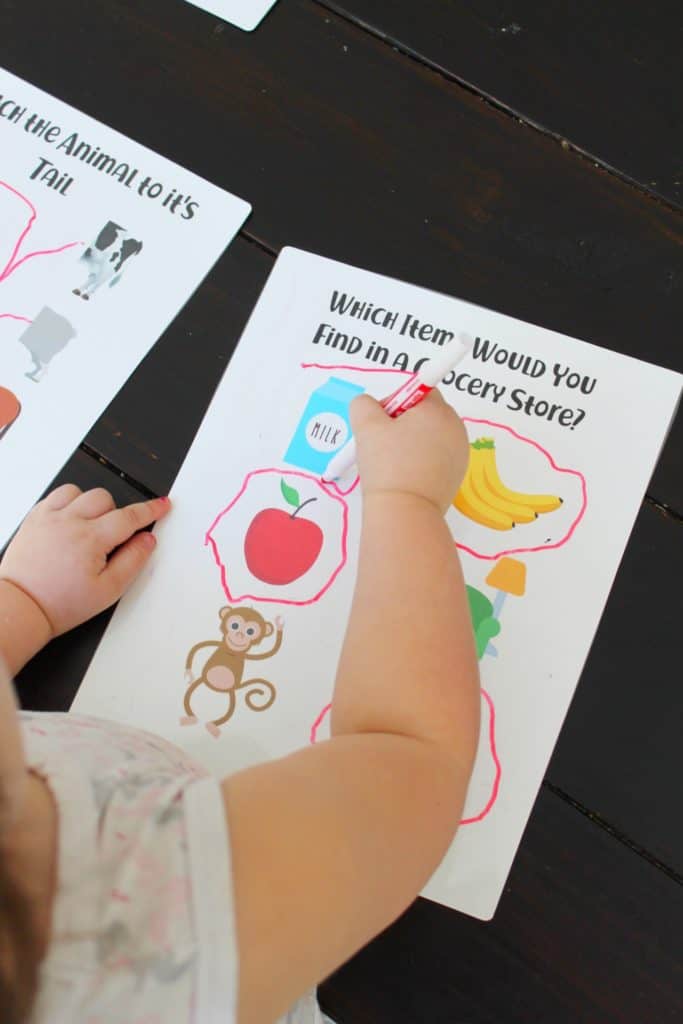In today’s digital age, children are often surrounded by screens. While technology has its benefits, excessive screen time can impede crucial aspects of brain development, including attention span, creativity, and social skills. Engaging children in screen-free activities not only fosters cognitive growth but also enhances emotional and physical well-being. Here are ten scientifically-backed activities to enrich your child’s development:
1. 🎨 Creative Arts and Crafts
Engaging in arts and crafts stimulates fine motor skills, creativity, and problem-solving abilities. Activities like drawing, painting, and sculpting encourage children to express themselves and think innovatively.
“Creative activities can enhance children’s cognitive development and foster emotional expression.”
— Harvard University
🧩 Practical Tip for Parents:
-
Create a small “art station” at home with safe supplies: crayons, glue, paper, and recyclable materials.
-
Praise effort, not perfection. Ask open-ended questions like, “What story does this picture tell?”
2. 📚 Reading Together
Reading aloud to children enhances language acquisition, comprehension, and imagination. It also strengthens the parent-child bond.
“Shared reading experiences are crucial for developing early literacy skills and fostering a love for reading.”
— National Institute for Literacy
📘 Practical Tip for Parents:
-
Read aloud daily—even 10–15 minutes counts.
-
Let your child turn the pages or pick the book. Use animated voices to make it fun.
-
Ask, “What do you think happens next?”
3. 🧩 Puzzle Solving
Puzzles, including jigsaws and logic games, improve spatial reasoning, memory, and concentration. They also teach patience and perseverance.
“Engaging in puzzle activities can enhance problem-solving skills and cognitive flexibility.”
— Medical News Today
🧠 Practical Tip for Parents:
-
Start with age-appropriate puzzles and gradually increase complexity.
-
Work on puzzles together as a bonding activity.
-
Celebrate small successes like “We found the corner piece!”
4. 🏃 Physical Play
Activities like tag, hopscotch, and obstacle courses promote physical health and cognitive development. Physical play enhances coordination, balance, and executive function.
“Physical activity is linked to improved brain function and academic performance in children.”
— Time Magazine
💪 Practical Tip for Parents:
-
Schedule 30–60 minutes of outdoor play daily.
-
Create obstacle courses at home with pillows, chairs, or chalk lines.
-
Play with them! Tag, catch, or hopscotch are simple and effective.
5. 🧪 Science Experiments
Simple experiments, like making a volcano or growing plants, spark curiosity and teach scientific concepts. They encourage observation, hypothesis testing, and analytical thinking.
“Hands-on science activities foster inquiry-based learning and critical thinking skills.”
— Brain Balance Centers
🔬 Practical Tip for Parents:
-
Try easy experiments like vinegar & baking soda volcano, sprouting seeds in cotton, or mixing colors.
-
Ask them to predict results before the experiment.
-
Keep a “science journal” for drawings and discoveries.
6. 🎭 Pretend Play
Role-playing scenarios, such as playing house or store, develop social skills, empathy, and creativity. Pretend play allows children to explore different perspectives and emotions.
“Play is not frivolous; it is brain building.”
— American Academy of Pediatrics
🎩 Practical Tip for Parents:
-
Use old clothes, cardboard boxes, or kitchen items to create play props.
-
Play along—be the customer at their pretend café or the patient at their toy clinic.
-
Encourage storytelling: “Who are you today?”
7. 🎶 Music and Dance
Engaging with music through singing, dancing, or playing instruments enhances auditory processing, rhythm, and coordination. It also boosts mood and self-expression.
“Music activities can improve memory, attention, and language skills in children.”
— Verywell Family
🎵 Practical Tip for Parents:
-
Have a “music hour” where your child can dance or sing freely.
-
Use simple instruments: tambourine, utensils, shakers.
-
Introduce different genres like classical, folk, or world music.
8. 🌳 Nature Exploration
Spending time outdoors, such as hiking or gardening, promotes physical health and environmental awareness. Nature exploration reduces stress and enhances observational skills.
“Outdoor activities are linked to improved attention spans and reduced anxiety in children.”
— National Wildlife Federation
🍃 Practical Tip for Parents:
-
Take short nature walks and let them collect stones, leaves, or sticks.
-
Play “I spy with my little eye…” games outdoors.
-
Let them plant a small garden or care for a potted plant.
9. 🧠 Memory and Matching Games
Games like memory cards or matching pairs enhance short-term memory, attention to detail, and cognitive processing speed.
“Memory games support the development of working memory and concentration in young learners.”
— Medical News Today
🃏 Practical Tip for Parents:
-
Use flashcards, board games like “Memory Match,” or homemade versions with pictures.
-
Make it competitive with time challenges—but focus on fun.
-
Celebrate progress, not perfection.
10. 🧱 Building and Construction Play
Using blocks, LEGO, or other construction toys develops spatial awareness, fine motor skills, and problem-solving abilities. It encourages planning and creativity.
“Construction play is associated with improved mathematical reasoning and spatial skills.”
— Harvard University
🧩 Practical Tip for Parents:
-
Keep a box of blocks, LEGO, or stacking cups handy.
-
Challenge them with themes: “Can you build a zoo or a spaceship?”
-
Join in and build a story around what they construct.
📌 Final Thoughts
Incorporating these screen-free activities into your child’s daily routine can significantly enhance their cognitive, emotional, and physical development. Balancing screen time with engaging, hands-on experiences fosters a well-rounded growth environment. Remember, the quality of interactions and activities often outweighs the quantity.
📚 References
-
Centre on the Developing Child, Harvard University.
“Brain-Building Through Play.”
🔗 https://developingchild.harvard.edu/resources/handouts-tools/brainbuildingthroughplay/ -
National Institute for Literacy.
“Developing Early Literacy: Report of the National Early Literacy Panel.”
🔗 https://lincs.ed.gov/publications/pdf/NELPReport09.pdf -
Medical News Today.
“How to improve memory: Tips and exercises.”
🔗 https://www.medicalnewstoday.com/articles/brain-exercises -
Time Magazine.
“Exercise Makes Kids’ Brains More Efficient.”
🔗 https://time.com/3145404/exercise-makes-kids-brains-more-efficient/ -
Brain Balance Achievement Centers.
“Screen-Free Activities for Brain Development.”
🔗 https://www.brainbalancecenters.com/blog/screen-free-activities-kids -
Verywell Family.
“The Best Activities for Toddlers That Stimulate Their Brains.”
🔗 https://www.verywellfamily.com/how-to-choose-the-right-class-for-your-toddler-6826647 -
National Wildlife Federation.
“Green Hour Program.”
🔗 https://en.wikipedia.org/wiki/Green_Hour

Akanksha Sharma
Dr. Akanksha Sharma, Head Writer and creator of AtoZ of Pregnancy, is dedicated to empowering women, parents, and families through 360-degree knowledge. She and her team provide evidence-based advice to guide families through pregnancy, parenting and beyond.






